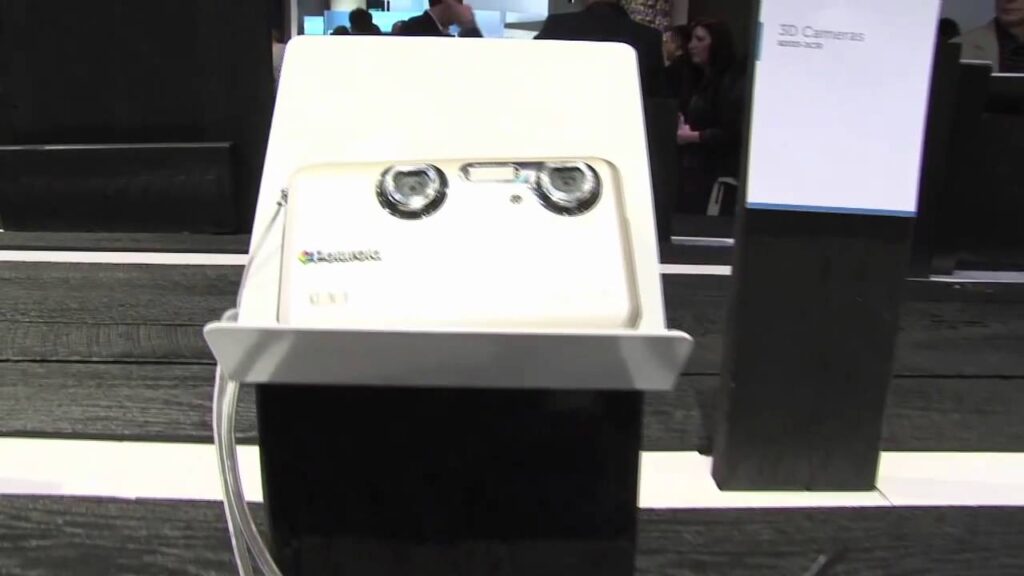The Surprising Benefits of Teaching Rats to Drive: An Expert Interview
Summary
In this expert interview, researcher Kelly Lambert shares her research on teaching rats to drive cars. Through the use of old-fashioned psychological behavioral training techniques and fruit loops as rewards, the rats were trained to navigate the environment to get their ultimate reward, the fruit loop. The enriched environment facilitated their learning, and rats who completed the circuits multiple times were considered good drivers. The study found that even after the rewards were taken away, the rats still jumped right into the car, suggesting a positive association with driving. The increase in DHEA to cort ratio indicated that driving was not stressful and promoted healthy behavior. The interview delves into the future potential of the study and its implications for human behavior.
Table of Contents
- The complex task of training rats to drive cars
- The influence of an enriched environment on the rate of learning
- The characteristics of good rat drivers
- The simple design of the rodent-operated vehicle
- Measuring the pleasure and stress response of driving
- Implications of the study on human behavior and future research
The complex task of training rats to drive cars
The researcher explains that training rats to drive cars was a complex task that required the use of old-fashioned psychological behavioral training techniques and fruit loops as rewards. The rats learned the skill of driving through a process of shaping, where they were taught different components of driving, such as steering and forward-driving bars. The ultimate goal was for the rats to be able to navigate the environment and reach the reward, the fruit loop, by driving the car.
The influence of an enriched environment on the rate of learning
The researcher conducted a study to determine whether an enriched environment would facilitate the rats’ learning to drive. The rats were divided into two groups, one housed in an enriched environment with different stimuli to interact with, while the other was in a standard laboratory cage. The study found that the enriched environment improved the rats’ learning and facilitated their ability to drive multiple times successfully.
The characteristics of good rat drivers
According to the researcher, good rat drivers were those who were able to drive the car multiple times successfully, jump in the car to get the reward, and come back to do it again. In the study, only the rats in the enriched environment group were considered good drivers, while none in the standard group were able to put it together successfully more than once.
The simple design of the rodent-operated vehicle
Since the researcher could not find a rodent-operated vehicle on Amazon, they had to build their own. The basic plastic container was cut and modified to include a window and steering bars at the end that the rats could hold onto. The addition of wheels completed the design of the rodent-operated vehicle.
Measuring the pleasure and stress response of driving
The study found that the rats enjoyed driving, which was demonstrated by their positive association with driving, even after the rewards were taken away. The rats in the study showed no signs of stress, which was confirmed through the measurement of hormone levels in their poo. The increase in DHEA to cort ratio indicated that driving was not stressful and promoted healthy behavior.
Implications of the study on human behavior and future research
The researcher suggests that the study’s findings could be generalized or translated to the human brain. Human brains need experience and engagement with their physical and social worlds to develop, and learning new skills is an enjoyable experience that can give a sense of control over the environment. The study also highlights the need for more authentic and complex behavioral research designs beyond simple mazes and pressing bars, which could provide new insights into complex emotional disorders or cognitive change.
Conclusion
In conclusion, the study on teaching rats to drive cars using old-fashioned psychological behavioral training techniques and fruit loops as rewards has demonstrated that driving did not cause any stress to rats, and was, in fact, a pleasurable experience. The study’s findings suggest implications for human behavior, where learning new skills can promote a sense of mastery over the environment and control over one’s life. Further research could provide insights into complex emotional disorders or cognitive change.






